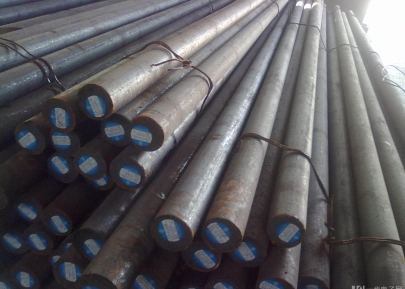How Mold Bases Made from Copper Can Block EMF: Debunking Myths and Exploring Benefits
If you’ve ever heard about the magical properties of copper, you’re not alone. There’s a growing buzz about mold bases crafted from this unique metal and its potential to block EMF (electromagnetic fields). This article delves deep into this fascinating topic, debunking myths while shedding light on the true benefits of using copper in mold bases.
What Are Mold Bases?
Mold bases are the foundational elements used in various manufacturing processes, particularly in creating molds for metal forming. They play a crucial role in ensuring stability and accuracy during production. Traditionally crafted from different materials, the introduction of copper-based molds has opened new discussions about their effectiveness and functionality.
Does Copper Really Block EMF?
Experts often debate whether copper has the ability to block electromagnetic fields. While it’s known that certain metals can shield against EMF radiation, the effectiveness varies. Here’s what you need to know:
- Copper's Conductivity: Copper is an excellent conductor of electricity and can effectively absorb and redistribute EMF waves.
- Shielding Effect: Its shielding effect can help reduce exposure to EMF, making it beneficial in specific applications.
- Real-World Outcomes: More studies are required to fully validate copper's EMF-blocking capabilities.
Debunking Common Myths About Copper Mold Bases
Let’s clear the air regarding some prevalent misconceptions.
| Myth | Fact |
|---|---|
| Copper is too expensive for mold bases. | While it's pricier than some alternatives, its durability can lead to cost savings over time. |
| Copper molds are not durable. | In fact, copper is resistant to wear and corrosion, making it quite durable. |
| Using copper has no real benefits. | The unique properties of copper can enhance product quality and production efficiency. |
Benefits of Using Copper in Mold Bases
Understanding the advantages can help you make informed decisions about using copper in manufacturing processes:
- Improved Heat Transfer: Copper’s thermal conductivity allows for better heat distribution, which is crucial in molding applications.
- Reduced Process Times: Faster heat transfer can decrease cycle times, enhancing productivity.
- Enhanced Product Quality: Molds crafted from copper can lead to a smoother surface finish on molded products.
- Eco-Friendly Option: Copper is recyclable, making it a sustainable choice in the long run.
Understanding Copper Roofing Sheets and Their Applications
Copper roofing sheets are another fascinating product derived from copper. While primarily used in construction, they too exhibit properties similar to mold bases:
- **Durability and Longevity:** Copper roofing can last for decades, often outlasting conventional roofing materials.
- **Aesthetic Appeal:** Their natural patina provides a unique visual charm.
- **EMF Shielding Benefits:** Copper roofing can also provide some level of EMF shielding in buildings.
What is a Copper Blocker Pest Stopper?
Another intriguing application of copper involves pest control. Copper barriers can act as effective deterrents against pests. When installed correctly, they can prevent rodents and other critters from entering homes.
Conclusion: Is Copper the Future for Mold Bases?
The exploration of copper in mold bases opens up exciting possibilities. Its conductivity properties, durability, and potential to block EMF make copper an attractive choice in manufacturing. While myths persist, the advantages of using copper are undeniable. As we dive deeper into the benefits of this metal, many businesses might consider investing in copper mold bases for better product quality and efficiency.
FAQs
Q: Can I use copper mold bases for all types of products?
A: Copper is versatile, but its suitability depends on the specific requirements of the product and production process.
Q: How do I maintain copper mold bases?
A: Regular cleaning and occasional polishing can help maintain copper’s shine and effectiveness.
Q: Are there alternatives to copper for mold bases?
A: Yes, many materials are available, but copper offers unique benefits that others may not.



